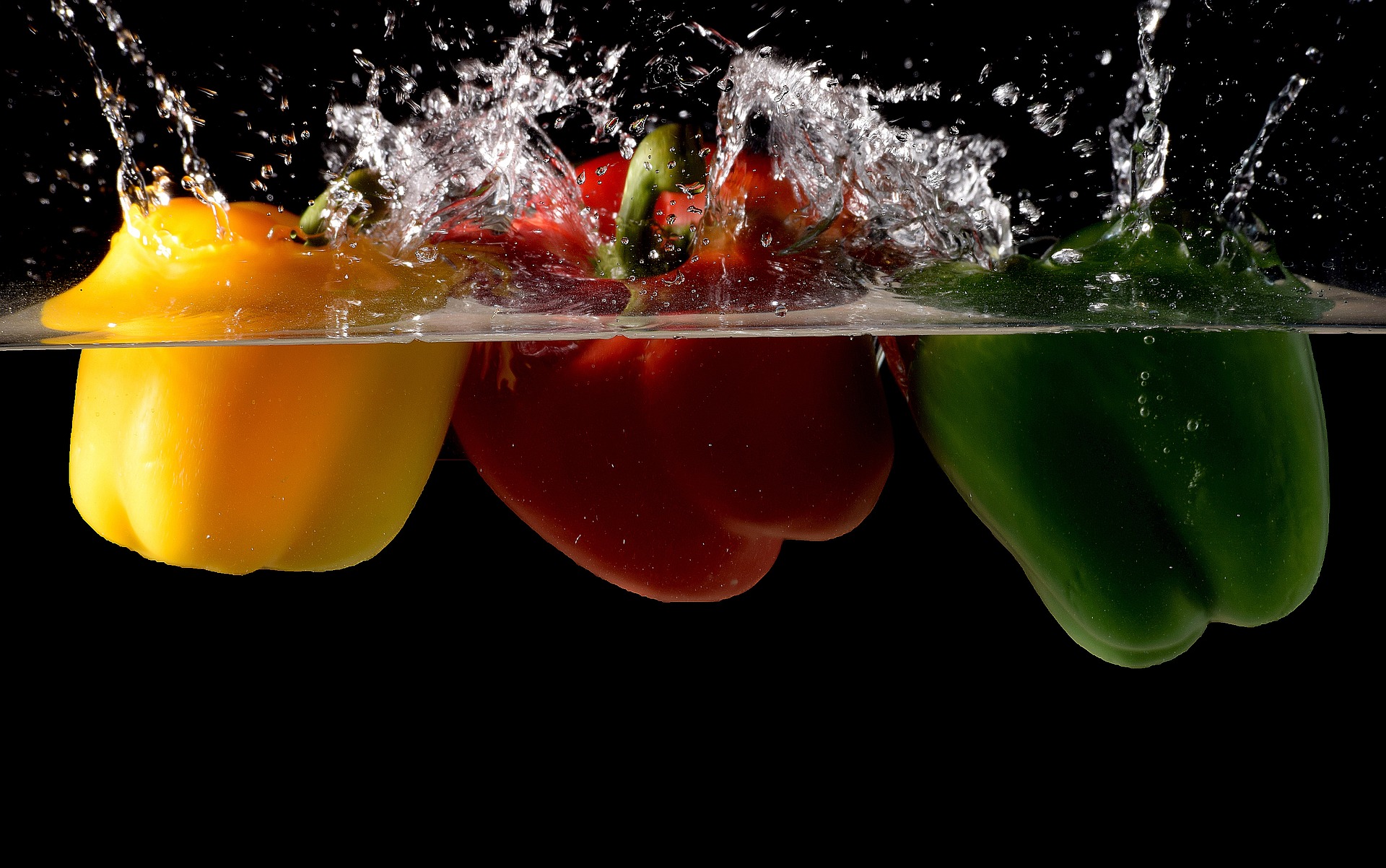When I hear the word nightshade, I immediately think of poisonous plants used by evil witches in fairy tales from long ago! Belladonna, of course, comes to mind mostly, not to be confused with the incredible album, “Belladonna”, released by the good witch, Stevie Nicks, in 1981.
Nightshades aren’t exactly poisonous, but can be harmful to some. They encompass a whole entire family of flowering plants and you probably eat some daily. Some of the most popular being tomatoes, potatoes and peppers.
Why are nightshades ‘bad’ for you?
Nightshades contain several chemical compounds that can have negative effects. The worse ones are glycoalkaloids, capsaicin, calcitriol, nicotine, and saponins. These compounds are part of an amazing self defense system protecting the plant from predators, unfortunately they can also have a negative response in our bodies resulting in inflammation and other problems.
For example glycoalkaloids, have been shown to cause leaky gut and overall inflammation in the gastrointestinal system. They also block valuable enzymes resulting in overstimulation of the nervous system causing anxiety. One 2005 study showed that it took 24 hours for this compound to be eliminated from the body, so if you’re eating nightshades daily, there’s a possibility of toxic overload. Capsaicin has been linked to respiratory issues and because some measure quite high in the Scoville scale, they can irritate bodily tissues and the stomach lining. Calcitriol, when consumed in high amounts, can result in calcium deposits in soft tissue, heart and kidney. Saponins has been shown to interfere with the cellular membrane, actually creating holes in the membrane which diminishes cellular function. Lastly, all nightshades contain nicotine, which can make some foods potentially addictive. Also nicotine has been known to interfere with healing of wounds.
All medical jargon and studies aside, when we discuss elimination diets overall, the heavy hitters are gluten, dairy, corn and eggs, nightshades tend to be less of a problem, but if you are experiencing inflammation or digestive issues, it’s worth considering eliminating this food group as well. The best way to find out is by avoiding all nightshades for at least 3 weeks then eating them twice a day for 2 days and assessing, how do you feel?
At Tao to Wellness, we offer a total detox and elimination diet program and include nightshades on that list, you can do the program anytime, but every Spring we lead a group together.
Here is a complete list of nightshades
Ashwagandha
BBQ sauce
Capsicums
Cayenne pepper
Chili Pepper Flakes
Chili powder
Chinese Five-Spice Powder
Curry Powder
Curry spice powder
Eggplants
Goji berries (also known as Wolfberries and found in Chinese herbal formulas)
Gooseberries
Hot Sauce
Ketchup
Paprika spice
Peppers (including bell peppers, sweet peppers, chili peppers, jalapeños)
Pimentos
Potatoes (does not include sweet potatoes or yams)
Red Pepper
Red Pepper Flakes
Sorrel
Steak Seasoning
Tomatillos
Tomatoes
Let’s end this on a good note, SWEET POTATOES and BLACK PEPPER are not nightshades, so continue to enjoy!






